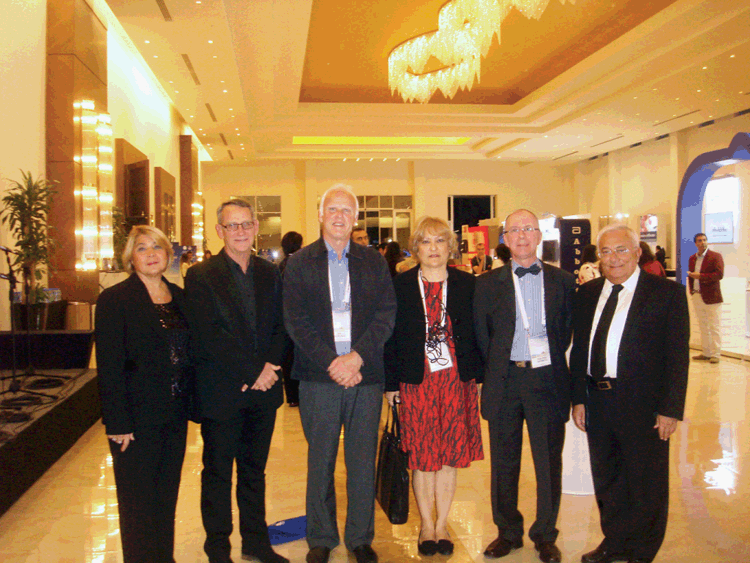Interactions with other microbiology societies through Microbiology Australia
Microbiology Australia 36(1) 37-37 https://doi.org/10.1071/MA15011
Published: 6 March 2015
The September 2014 issue of Microbiology Australia was a special issue that reflected on the ‘Microbial diseases and products that shaped world history’. A major focus involved microbes of WWI and their effects on ANZACs and Turkish soldiers. The timing of the issue is particularly fitting as we reflect on the 100th anniversary of the terrible losses suffered by both sides involved in the Gallipoli conflict.
The idea for the issue came from Ipek Kurtböke who Guest Edited the joint effort between the Australian, New Zealand and Turkish Microbiology Societies. The issue contains excellent articles on the major diseases of world history, and early efforts to control them.
The Turkish articles were highly informative about their experiences with smallpox, tuberculosis and typhus as well as the huge losses the Turkish troops suffered at the hands of infectious diseases. In addition, the articles remind us that much is owed to the Turks for the early lessons they learned through their contributions to infection control. This is particularly so for their early adoption of variolation for the prevention of smallpox, an experience that led directly to Jenner’s seminal work with cowpox and the development of modern vaccination.
At the invitation of the Turkish Microbiology Society, Professor Paul Young, President of ASM, Ian Macreadie, Editor of Microbiology Australia and Ipek Kurtböke attended the annual Turkish Microbiology Society meeting in Antalya, Turkey in November 2014. They participated in the opening ceremony and gave scientific presentations during the meeting. At the opening ceremony, Professor Young reminded the audience of the strong bonds that were forged between our three countries after WWI and which remain to this day. This connection was most notably encapsulated in the words of Ataturk in 1934. Professor Young’s quotation of this very moving tribute gained very warm applause from the audience:
Those heroes that shed their blood and lost their lives…You are now lying in the soil of a friendly country. Therefore rest in peace. There is no difference between the Johnnies and the Mehmets to us where they lie side by side here in this country of ours…You, the mothers, who sent their sons from faraway countries wipe away your tears; your sons are now lying in our bosom and are in peace, after having lost their lives on this land they have become our sons as well.
We have learned much from our interactions. It was a privilege to be hosted by such gracious hosts and we look forward to welcoming a delegation of Turkish microbiologists to Canberra for ASM2015.
The success of our interactions with other microbiology societies is something ASM would like to foster and it is hoped that every few years a similar joint issue of Microbiology Australia can be produced.



